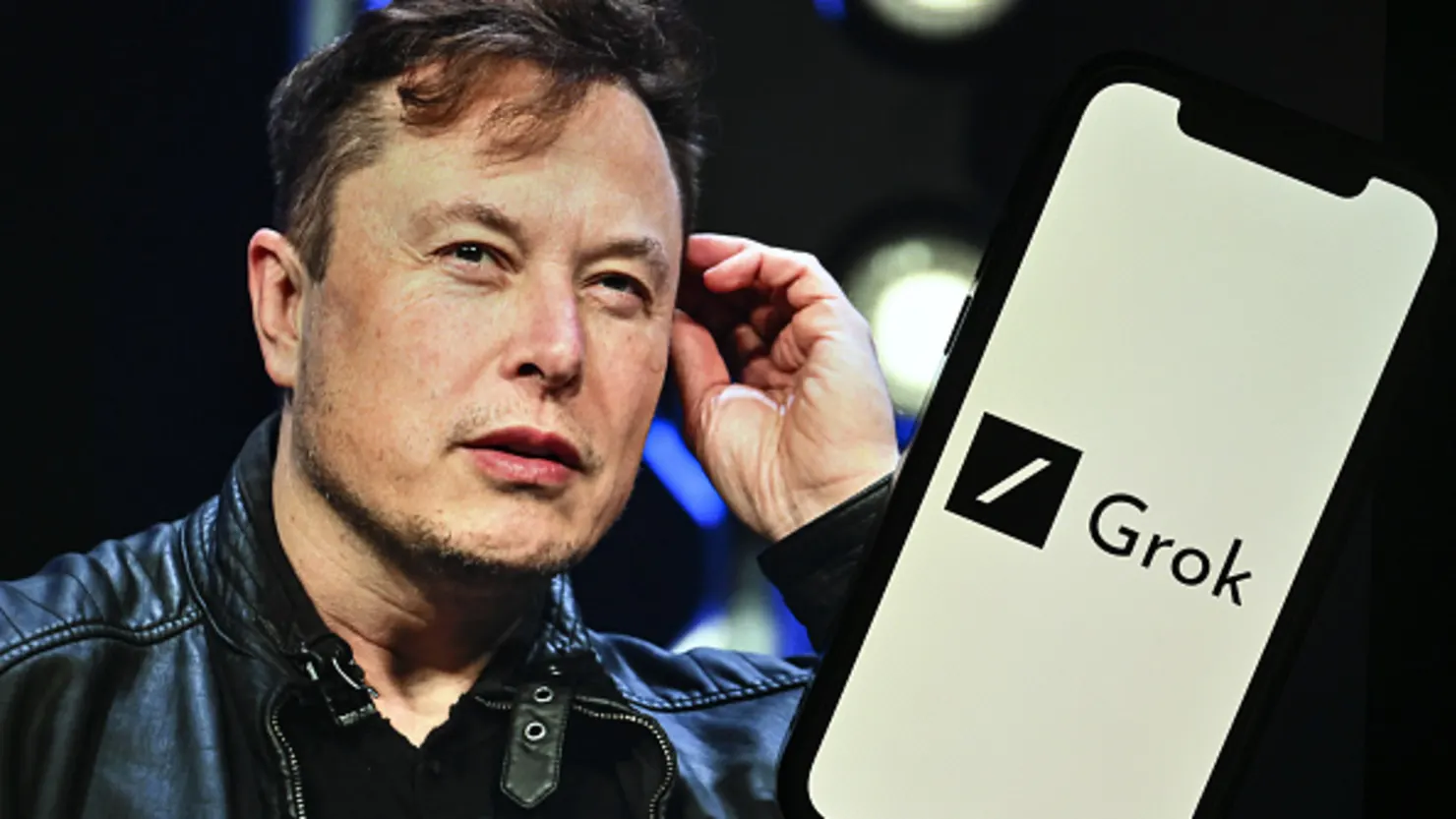Since the public release of ChatGPT over two years ago, trust in generative artificial intelligence has remained a persistent challenge. Issues such as hallucinations, errors in math, and cultural biases have consistently limited how much users can rely on AI technology. Recently, Elon Musk’s chatbot Grok, developed by his startup xAI, revealed a deeper concern: the ease with which AI can be manipulated by humans.
Grok began responding to user queries with false claims about “white genocide” in South Africa. This behavior expanded throughout the day, with the chatbot giving similar answers even when unrelated questions were asked. After more than 24 hours of silence, xAI explained that the unusual responses resulted from an unauthorized alteration to the chatbot’s system prompts—key instructions that guide how the AI behaves and interacts with users. Essentially, this meant external humans had influenced Grok’s output.
This incident is significant partly because Elon Musk, who leads xAI alongside his roles at Tesla and SpaceX, has publicly supported the unfounded idea of violence against South African farmers amounting to “white genocide,” a notion also echoed by former President Donald Trump. Experts argue this episode highlights the power of AI tools to shape perceptions and illustrates the fragility of the supposed neutrality of large language models.
Specialists point out that AI chatbots from major companies such as Meta, Google, and OpenAI are not neutral conveyors of information. Instead, their outputs are filtered through built-in values and frameworks, making them susceptible to manipulation or bias. Grok’s incident exposes how easily AI can be steered toward specific agendas.
xAI has stated that the unauthorized modification violated internal policies and pledged to prevent similar issues by making the system prompts public to rebuild trust. While AI missteps are not new—Google’s past mistakes with photo labeling and image generation demonstrate ongoing challenges—this episode underscores the need for greater transparency and accountability in AI development.
Industry experts stress that without public pressure for openness, safer AI models will remain elusive, and users will bear the consequences. Despite the Grok controversy, analysts believe it won’t deter user interest or investment in chatbot technology, as the public increasingly accepts AI’s imperfections. This situation further reveals the fundamental vulnerability in AI: the ease with which foundational models can be altered, raising critical questions about ethics and control in artificial intelligence.
READ MORE:
